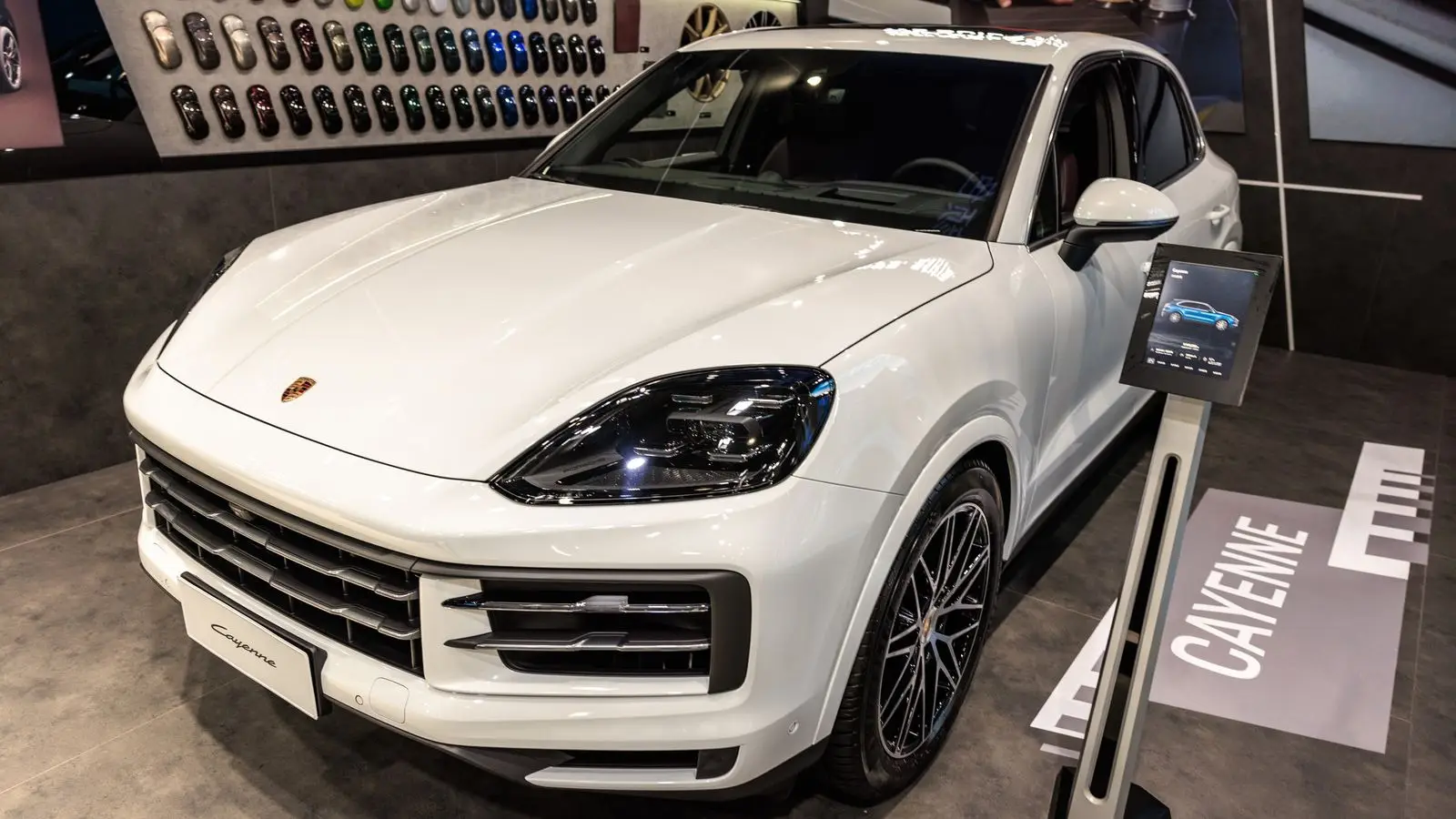Porsche introduces AI-powered system to evaluate ride comfort

Porsche Engineering unveils an AI system to assess ride comfort, streamlining chassis calibration and enabling real-time in-car monitoring. Learn more.
Porsche Engineering has unveiled an advanced AI-based system for evaluating ride comfort — a tool that promises to reshape how vehicles are tested and tuned. Far from a futuristic concept, this technology is already suitable for real-world application in development settings and may find its way into production vehicles.
The system tackles a long-standing challenge in vehicle testing: subjective interpretation. What feels smooth to one driver may be too soft or firm to another. Porsche's AI evaluator functions as an impartial observer, analyzing sensor data and comparing it against pre-defined comfort targets. This helps engineers converge more efficiently on ideal chassis settings.
The technology combines high-precision sensors with a neural network trained on human expertise. At the start of development, engineers outfitted a vehicle with six precision accelerometers and ran it through numerous test drives on Porsche’s 850-meter comfort track in Weissach. Data collected from these sessions was transformed using a Fourier analysis, isolating the vibration frequencies most relevant to human comfort. These frequency profiles were then used as input for the neural network, trained using evaluations from Porsche expert Emmanuel Bogner.
The results were impressive: the AI rapidly learned to evaluate ride comfort with a high degree of consistency. To improve usability, the setup was later streamlined — replacing costly sensors with motorsport-grade alternatives and reducing the sensor count to four strategically placed units, from the seat rail to the wheel carrier.
One of the system’s strengths lies in its efficiency. It requires no high-performance computing, with training completed in under a day and test drive evaluations processed within minutes. Porsche Engineering plans to expand the training dataset with input from additional experienced evaluators to further enhance the system’s accuracy and generalization.
Looking ahead, the team envisions fully automated calibration processes. Vehicles could be placed on a test bench and driven repeatedly over simulated road conditions. In this iterative setup, the chassis could be automatically adjusted until the AI confirms alignment with predefined comfort targets — without human involvement.
There is also potential for this technology to be implemented in series-production vehicles. According to Porsche Engineering, the system could one day monitor ride comfort in real-world driving conditions and provide data on chassis performance over time. However, current use cases focus primarily on development and testing, and real-time optimization during everyday driving remains a goal for future exploration — not a present capability.
While other manufacturers like BMW, Mercedes-Benz, and Tesla have also developed systems leveraging AI for vehicle dynamics and comfort evaluation, Porsche’s approach stands out for its streamlined integration and emphasis on chassis tuning. Instead of chasing trends like digital assistants or full autonomy, Porsche is refining the tactile elements that make driving enjoyable.
By combining machine learning with real-world driving data, Porsche Engineering is pushing ride comfort evaluation into a new era — one where data-driven consistency can complement and accelerate the instincts of skilled engineers.
Mark Havelin
2025, Apr 03 21:27


